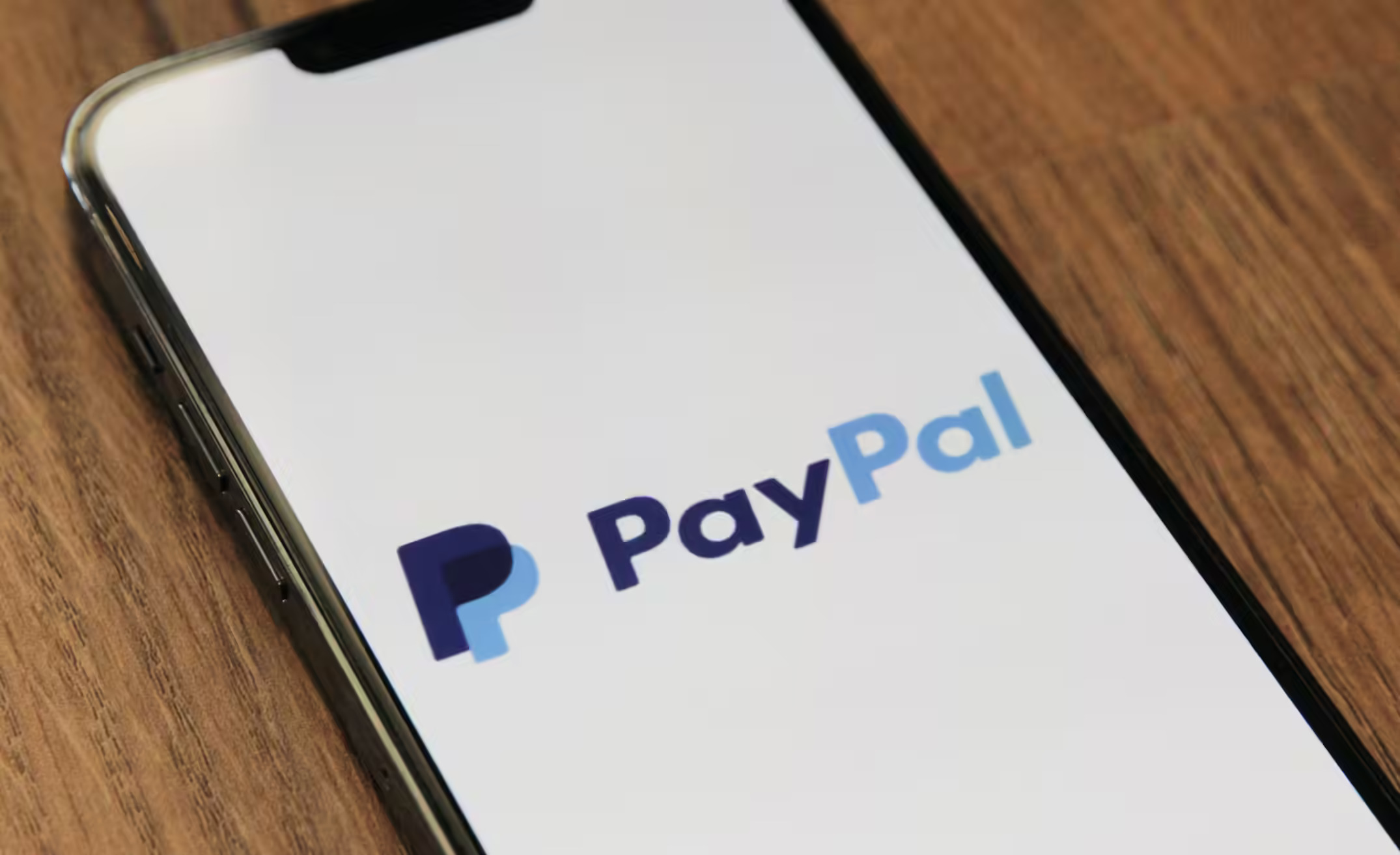
The major US-based online payment company PayPal has introduced PYUSD, a stablecoin linked to the US dollar. Crypto scammers have seized the chance to utilise PayPal’s enormous user base to their advantage and have started looking for victims. Crypto market researchers have discovered a number of cryptocurrency tokens with misleading names based on the PYUSD stablecoin and logos within the first few hours of its launch alone. Alerts are being sounded by members of the cryptocurrency community to warn others about these bogus tokens.
A decentralised exchange scanner called DEX Screener claims to have found about 30 pairings of crypto coins with PYUSD displayed on their tickers.
According to reports, scammers haven’t focused their token development efforts on a single blockchain, preferring to consider various choices. PYUSD clone coins have already been created on Ethereum, BNB Smart Chain, and Base, the newest layer 2 chain from Coinbase.
The most frequent use of fake bitcoins by con artists is to pull the rug out from under their victims. In these situations, con artists lure investors into investing money into their fictitious tokens, and once they reach their predetermined amount, they quit the business and run away.
In other cases, these scam tokens can be used to carry out ‘honeypot’ assaults, in which investors are persuaded to buy the tokens in return for their cryptocurrency. They are then unable to sell the fraudulent tokens.
On social media, there have been warnings about these bogus tokens.
On August 7, PayPal introduced its stablecoin. PayPal had stated in announcing the stablecoin that it was “intended to contribute to the opportunity stablecoins give for payments and is 100 percent guaranteed by US dollar deposits, short-term US Treasuries, and comparable cash equivalents. The Paxos Trust Company is the issuer of PayPal USD, which is redeemable 1:1 for US dollars.
The Original PYUSD Stablecoin: How to Recognise It
The PYUSD can only be traded between wallets that have been validated by and are compatible with PayPal, according to the online payments industry giant’s official announcement. Similar tokens listed on UniSwap or other exchanges with the same ticker are almost certainly fraudulent.







